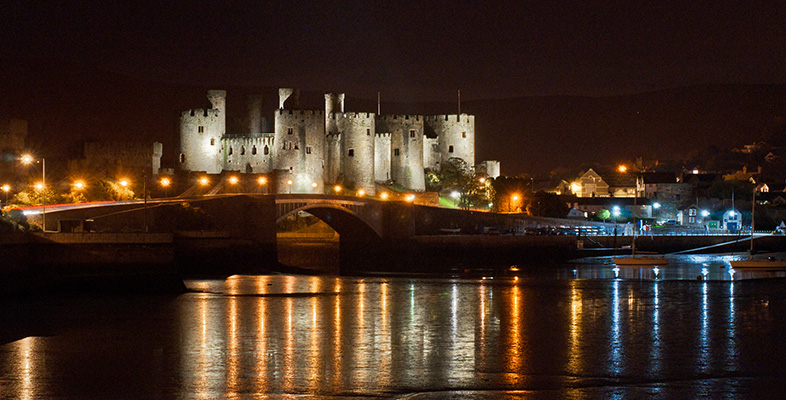1.2 Audio activities
Listen to the audio below and then complete the activity.
Audio 1 (Rugby in contemporary Wales)
In Audio 1 (below), Hugh Mackay interviews Gareth Williams, Professor of History in the Centre for Modern and Contemporary Wales at the University of Glamorgan, about rugby in Wales. He is an enthusiastic scholar and supporter of the national sport, as well as being a co-author of the official history of the WRU, Fields of Praise (University of Wales Press, 1980). Listen to the audio now.
Transcript: Audio 1 (Rugby in contemporary Wales)
Activity 2
Consider and take notes on the questions below. When you have finished, compare your notes with the discussion below.
How has rugby become the major focus for national identification in Wales?
Who is involved in rugby and who is excluded or marginalised?
How are changes in the game changing popular forms of engagement with rugby in Wales?
Discussion
As discussed in Section 1 and Audio 1, the process is substantially historical. Rugby was introduced to Wales in the mid-nineteenth century and was taken up by the expanding and substantially immigrant population of south Wales at a time of rapid industrialisation. Although it arrived in Wales via the public-school system, by the time of the 1905 victory against the All Blacks it had become the national sport. It has successfully accommodated north and south Wales, rural as well as urban, and as the nation has grown (in terms of its national institutions and identification of the people of Wales with the nation) so too has the role of rugby as a unifying sport and cultural activity.
As you read in Section 1, Welsh rugby is very much about exclusion as well as inclusion, and it is when Wales play against England that the most fervour is felt. As the Stereophonics sing: ‘As long as we beat the English we don’t care.’ But even within Wales, there are some who are relatively excluded: for example, there is less support for the game in the north than the south. There are also profound gender divisions, though there has been a considerable growth in the numbers of women supporters and players in recent years. In the not-too-distant past (the South African apartheid era) the record of Welsh rugby on matters of ‘race’ has not been good. And the sport can be seen as particularly macho and rooted in heterosexuality (Gareth Thomas’s coming out as gay notwithstanding). Most people in Wales, of course, neither play nor watch rugby except on International days, and even then numbers represent a minority of the population.
This clip argues that rugby is no longer a community-based game. But at a local level, the game is very much alive, and there is now much more televised rugby and many people watch this. The onset of professionalism and the regional structure, which has reduced the status of some local teams, has also led to greater identification with the national team.
